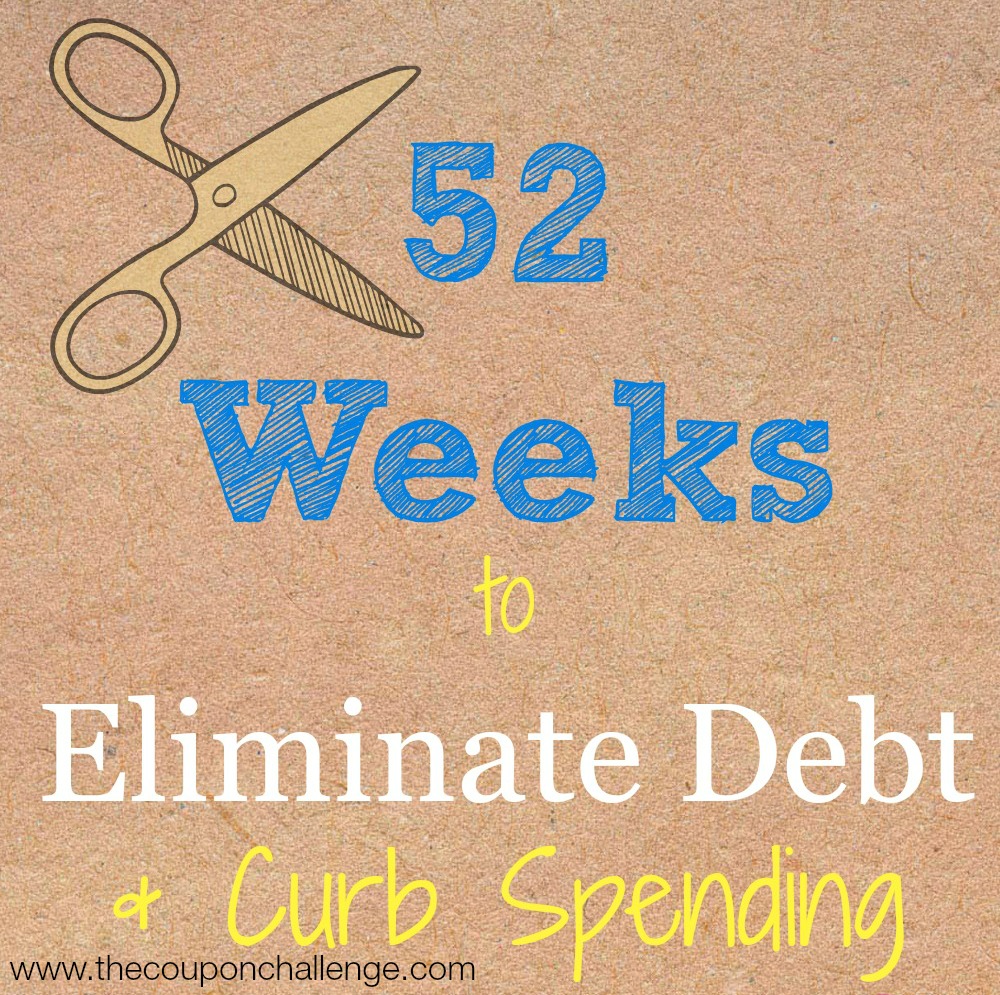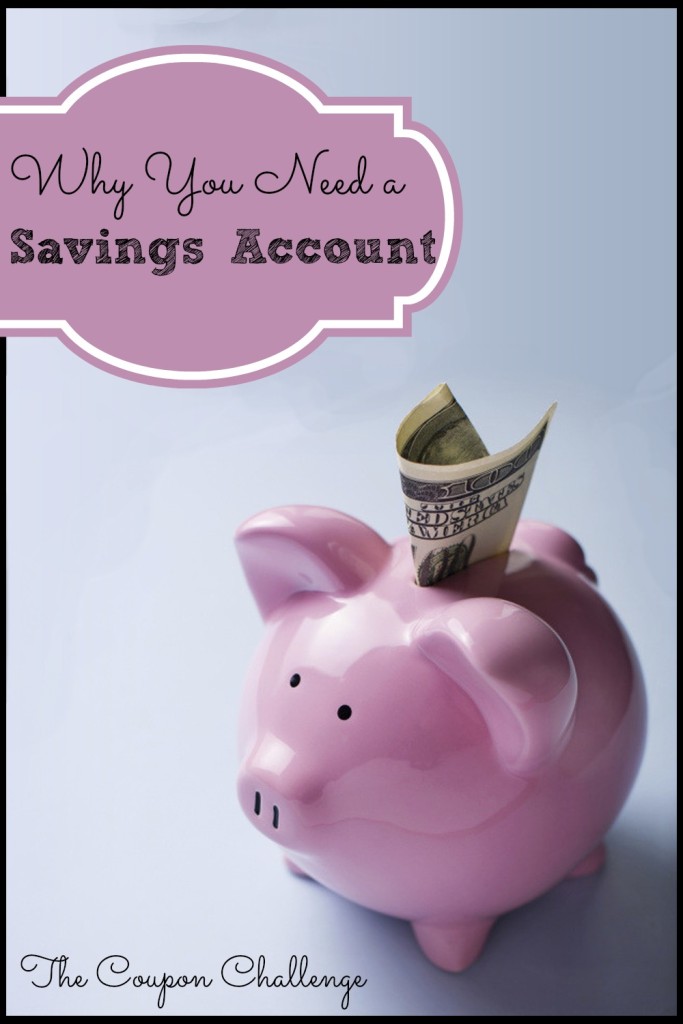You are reading Week 17 of 52 Weeks to Eliminate Debt & Curb Spending. Please read the overview here to learn more about the series & get your FREE financial planner. If you just joined us, please start with week 1.
There are a lot of expenses that we will tell you are not necessary in your budget, but Savings Accounts Are Not Optional. A savings account should be considered a mandatory expense. We are going to share with you some of the reasons why, and ways you can make that happen. Creating and sticking to a savings plan can be a tough thing for many on a tight budget, but the reality is even the smallest amount of savings can help when times get tough.
Why do you need a savings account?
They prevent debt from occurring. Hands down a savings account is one of the most important things in our financial life that will prevent debt from occurring in the first place. Even if you are already in debt, setting aside money for a savings will help to prevent further debt.
For many people, debt occurs when they are forced to use credit to pay for something either in an emergency or due to loss of income. A savings account is one of the best ways to prevent that from being an issue. As you work to get rid of debt, putting off savings isn’t wise. Even though you are trying to devote as much money as possible to paying your debt, you also need to save money in case something happens during that process. You do not want to incur more debt because you haven’t been saving properly.
Something will ALWAYS happen. It may be your tire blows and needs to replaced. It may mean your child needs new glasses or your copay for a recent doctors appointment is higher than anticipated. Whatever the cause, large or small, having money set aside will help prevent further debt.
They are an investment that can earn passive income. Banks offer different incentives and earning potential on savings accounts. Check around to find the best interest earning account option to meet you needs and start putting aside even just a few dollars a week toward savings.
Give up wants to create room for your savings needs. Sometimes the difference between putting money into savings or not comes down to the cost of a latte. Even a $5 per week investment into savings can create a small buffer of income reserves that will help in an emergency. Giving up your weekly latte date in favor of going home to create your own and saving $5 can create a savings account that provides for needs later down the road.
If you need to increase you savings, use some of these ideas for finding alternative sources of income to help get you back on track.
How much do you need to save?
The amount of money you need in your savings account will vary based upon your financial situation and income level. You should strive to have $1,000 in the bank at all times for emergencies. Did you get that last word – emergencies? Not because that sweater was too cute to pass up.
If you’re just starting out, try to get a minimum of $500 and build from there. Even $50 will help – just keep adding money to the account each time you get paid.
You’re eventual goal after getting out of debt is to have 3 months of living expenses saved. After that, 6 months. If you’re expecting a baby or a move to self-employment, you might want to consider adding more of a buffer in your account. BUT always ensure you are paying at least the minimum payment to each debt to stay current. Hopefully by now that snowball has started rolling and you are freeing up more money each month to save or to pay off debt.
Remember that if you withdraw money from your savings account to pay for the unexpected, make your next focus to build the account back up. It will help prevent the vicious cycle of paying off your credit card, to turn around and rack up debt again because you didn’t save.
One of the biggest things to understand in debt resolution is that savings accounts are not optional. Make the effort to focus your budgeting efforts to include even a small weekly or monthly allowance toward savings. Even $1-$5 set aside will add up over time.
Week 17 Challenge:
Do you have a savings account? If not, head to your bank and open an account. If you already have a savings account, do you have enough money to help in an emergency? Go over your budget and determine the best way to increase you savings if necessary.
Disclosure: I am not a financial adviser nor do I have formal financial training. All articles are for informational purposes only and should not be interpreted as financial advice or consultation. Please consult your account and/or financial adviser before making changes to your finances. All situations are different, so please consult a professional to determine your individual needs.


[…] on Student Loan Debt Week 16: Understanding How Your Spending Habits Affect Your Debt Week 17: Why Do You Need a Savings Account? Week 18: How to Find & Eliminate Hidden Fees Week 19: Get Serious About Your Household Budget […]